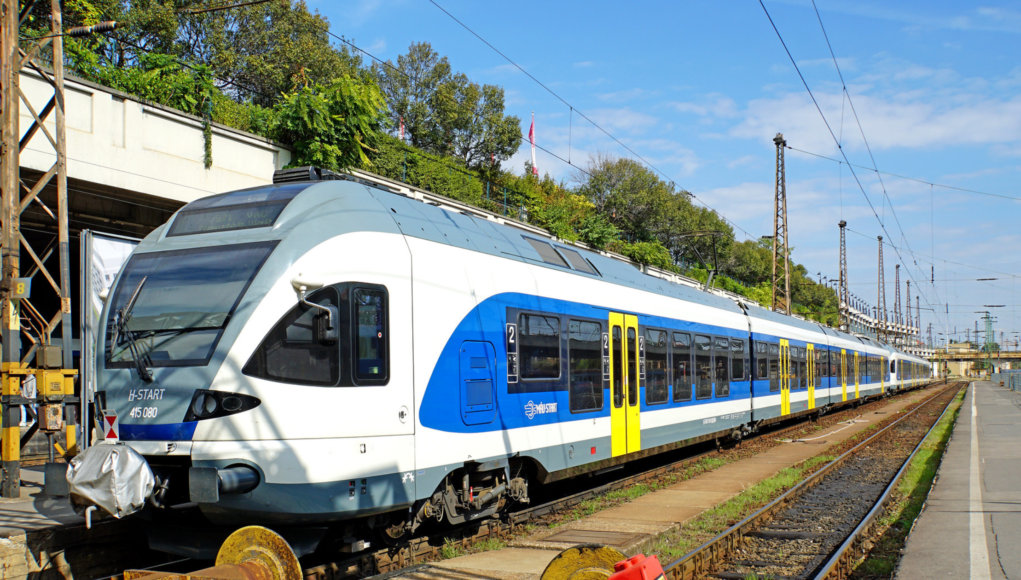BUDAPEST – Starting Monday, October 2, trains leaving Budapest will be cut off from the Western European network via Vienna. For connections between Budapest and Graz, a rail replacement bus service has been set up will be set up in both directions. The severance of the Budapest-Vienna line is expected to last until October 26th, though concerns loom that the disconnection may become indefinite.
Austrian Federal Railways (ÖBB) announced the temporary severing of the Budapest-Vienna and Budapest-Graz lines in a statement on their website, citing “short-term construction work” by Hungarian Railways (MÁV) as the reason.
However, an article on Hungarian new website Index.hu claims that the Austrian national railway decided to disconnect Hungarian trains after MÁV failed to operate its hourly international trains on the Budapest-Győr main line punctually and had other performance issues in recent months.
This decision will also affect the Budapest Railjet trains going to Linz, Salzburg, and Munich, which will now be cut in Vienna. The disconnection of Hungarian trains from the Western European network is a significant setback for Hungary’s already troubled railway system, impacting international travelers and highlighting the operational issues within MÁV.
Ongoing Problems at MÁV
This disconnection is the latest in a series of problems plaguing MÁV. Recently, a passenger train from Veszprém to Győr ran aground, leaving passengers waiting for hours to continue their journey. Additionally, an InterCity train broke down at the Győrszentiván station, and MÁV’s deployment of buses to replace trains due to the renovation of the Győr railway line has led to further delays and confusion.
According to Hungarian news portal Telex.hu, construction of the Budapest-Belgrade railway line, a joint venture involving companies of Lőrinc Mészáros and their Chinese partners, is also facing significant challenges. The Budapest-Belgrade line, planned for trains to travel at 160 kilometers per hour, requires a European Union standard ETCS train control system and certified safety equipment. The involved Chinese and Hungarian companies, however, lack the capability to install all elements of the ETCS system.
The persistent issues have led to considerations of either building a non-EU standard train control system, limiting train speeds to 100 kilometers per hour, or entrusting a new company with the construction of the safety equipment and the train control system, further delaying the project. The project, initially budgeted at 750 billion, is now facing a financial shortfall, exacerbated by at least 35-40% inflation and increased prices of raw materials and parts.
With the disconnection of Hungarian trains from the Western European network and the ongoing issues with the Budapest-Belgrade railway line project, the coming months will be pivotal for Hungary’s railway system.
Image source: Dennis Jarvis
The Southeast European Observer participates in the Amazon Services LLC Associates Program. While we strive to provide our readers with unbiased and reliable information, please be aware that any purchases made through Amazon affiliate links on our site generate a small commission for us at no extra cost to you. This helps support our platform and allows us to continue delivering quality content to our readers.
We ensure that the presence of Amazon affiliate ads does not influence our editorial content, and no affiliate links are included within the text of our articles.











